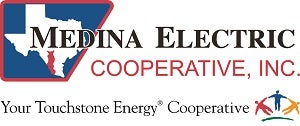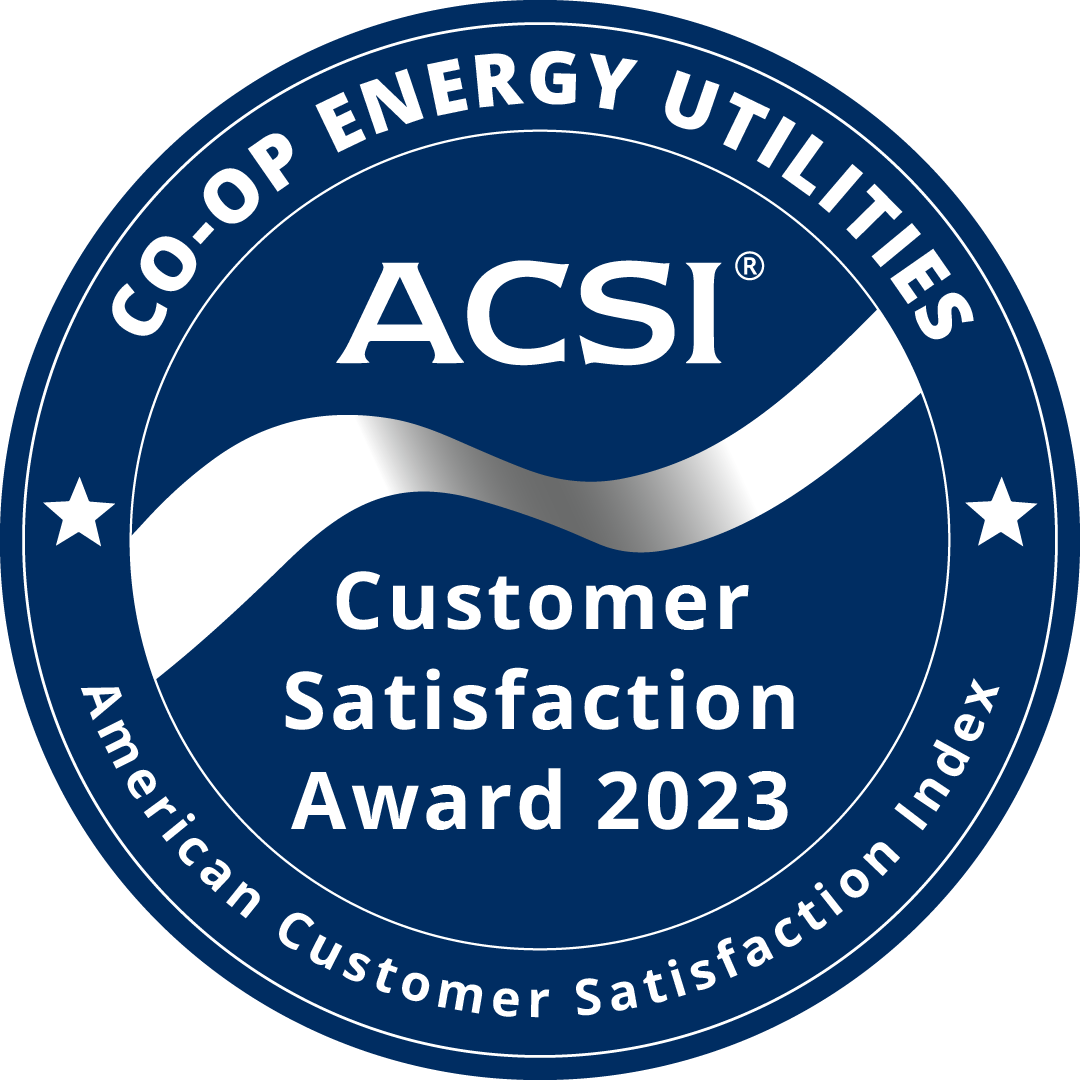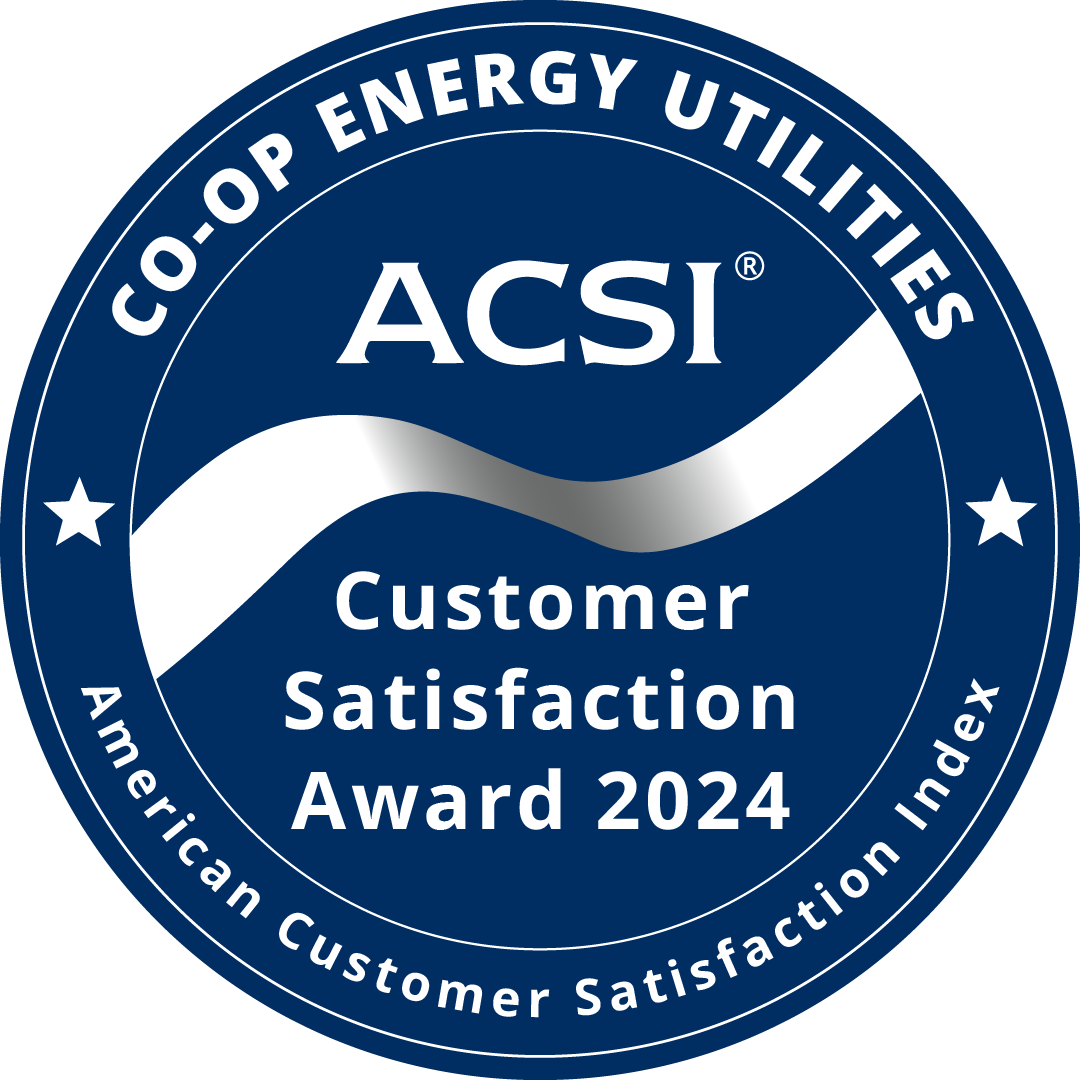September is National Preparedness Month and government meteorologists have predicted an above normal season of storms this year with 13 to 19 tropical storms, six to ten of which could become hurricanes. One hurricane, Hanna, impacted the southern part of Medina EC’s service area in July and proved the importance of being prepared. Being prepared isn’t just for storm situations. Follow these tips to help your family avoid feeling helpless during a disaster.
BEFORE: Communicate, educate and prepare.
- Communicate: Talk with your family about who to call, where to go, and what to do if disaster strikes.
- Educate: Plan strategies on what to do for different situations. Map out a fire escape route from all areas of your home and establish a safe place to go during threatening weather. Make sure all family members know their full names, address, and phone numbers. Agree on an out-of-town relative or friend to call if everyone gets separated during a disaster and have an ICE (In Case of Emergency) contact in your cell phone that first responders can call if needed.
- Prepare: Set up warning systems in your home—fire detectors and carbon monoxide alarms give advance notice that can save lives. Use a battery-operated weather radio for advance storm warnings and subscribe to your local Office of Emergency Management alerts by text or e-mail if available. Keep an emergency kit handy that contains five days’ worth of non-perishable food and water, first aid supplies, a list of phone numbers (including your electric co-op and other utilities’ outage numbers), medicines and cleaning supplies. Also, plan for pets or any special needs for family members. Then practice your emergency plans.
DURING: Stay calm and have an emergency phone.
- Keep calm: Think clearly and follow your plan. Use the resources you prepared in case of emergencies.
- Emergency phone: Keep a corded landline phone handy in case of emergency. If cell phone batteries die, there’s no way to charge them during a power outage. A landline phone will still work without electricity and become your link to the outside world. Also consider having charged power banks to charge cell phones and electronic devices when the power is out.
AFTER: Practice patience and avoid danger.
- Be patient: Wait for all danger to pass. Never re-enter an evacuated area without permission to do so and remember to use caution when you do go back into your home—you can’t always see danger, such as a ruptured gas line.
- Avoid delayed danger: Do not approach downed wires or power lines and watch for rising waters. Keep standby generators in well-ventilated areas—never run a generator indoors, even in a garage.
With a little planning, the worst can be avoided during disasters. Visit redcross.org or ready.gov for more disaster planning ideas. Visit MedinaEC.org/Outages to learn how to report an outage, the outage restoration process, safety tips and more. Taking the time to be prepared is worth the effort now in case of emergency later.



